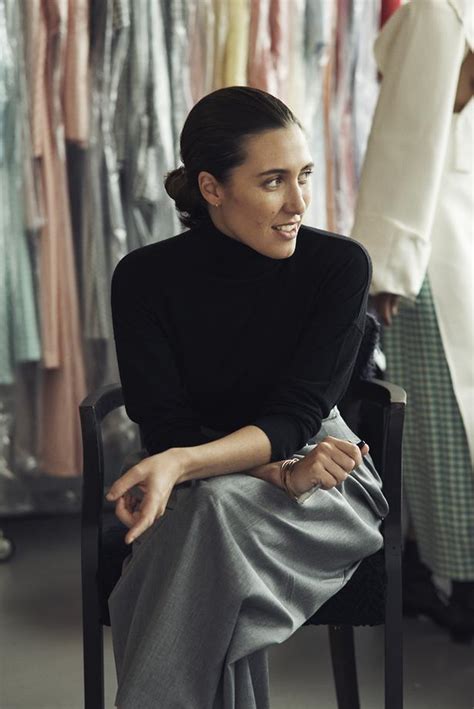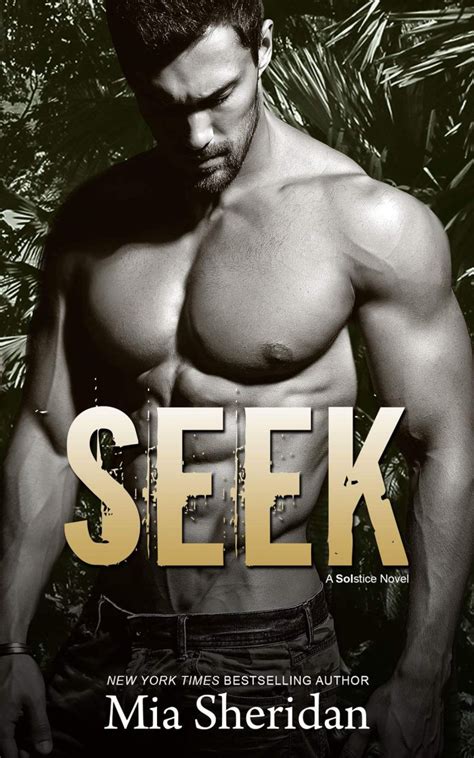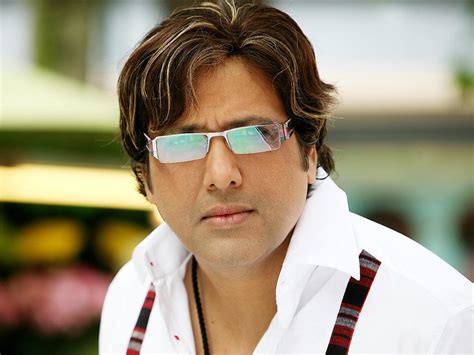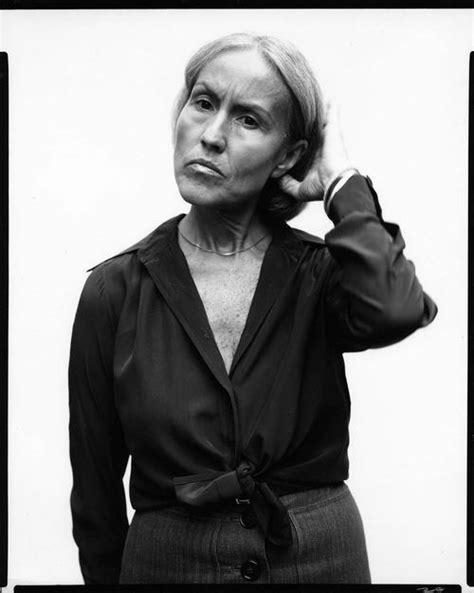A Quote by Emilia Wickstead
I would've loved to dress Diana Vreeland. I just loved her work as a creative woman and as a business woman - unpredictable, exciting, fun, and very, very clever.
Related Quotes
I believe that a woman should always remain a woman and nothing feminine should be alien to her. At the same time, I strongly feel that no work done by a woman in the field of science or culture or whatever, however vigorous or demanding, can enter into conflict with her ancient 'wonderful mission' -- to love, to be loved -- and with her craving for the bliss of motherhood.
I think FDR was very dashing and charming and debonair, and probably reminded her of her father. A great bon-vivant. He loved to party. He loved to sing. He loved to have fun. And he wrote beautiful letters, just as her father did, which - alas and alack - Eleanor Roosevelt destroyed. But she refers to his beautiful letters. And she was charmed by him.
And of course, FDR was very charming. At 6'2", he was tall enough to be her beau, and they made a beautiful couple. And she could encourage him. His mother also encouraged him. So this notion of a woman with ideas of her own and a spirit of her own and a style of her own was very congenial to Franklin. And he loved her. And their romance was a very dear and true and deep romance.
From woman, man is born; within woman, man is conceived; to woman he is engaged and married. Woman becomes his friend; through woman, the future generations come. When his woman dies, he seeks another woman; to woman he is bound. So why call her bad? From her, kings are born. From woman, woman is born; without woman, there would be no one at all.
An old woman I loved very much when I was young - the wife of Jean Villard - she's just reciting poetry all the time, which is beautiful because it means she went back to the world of poetry that she loved when she was young. That's all she does - she almost doesn't recognize her children, but she recites Valéry and Baudelaire. So what? We're the ones who are suffering. She's not.
One day, Sally Kirkland said to Diana Vreeland, who was the fashion editor of Harper's Bazaar at the time, "I have a young woman I want you to meet. She's very young, but I think you should meet her." When Sally Kirkland told me this, I said, "I can't possibly do that! I'm going to throw up! That's the scariest thing I've ever heard! I can't do that, Sally. I'm not ready to do that!" But Sally said, "You let them make that decision." I was absolutely terrified.
I had a very down-to-earth product, my wrap dress, which was really a uniform. It was just a simple little cotton-jersey dress that everybody loved and everybody wore. That one dress sold about 3 or 4 million. I would see 20, 30 dresses walking down one block. All sorts of different women. It felt very good. Young and old, and fat and thin, and poor and rich.
It was a good script [Something New]. We have not seen an interracial issue dealt with from a black woman and white man's perspective in this way. And, usually, it's a black man, white woman. I loved the fact that it wasn't about the couple being against the world or the couple against the family. I loved the fact that it was her dealing with her own prejudices that came up, her own guilt, her own shame and embarrassment about what her peers thought.





































